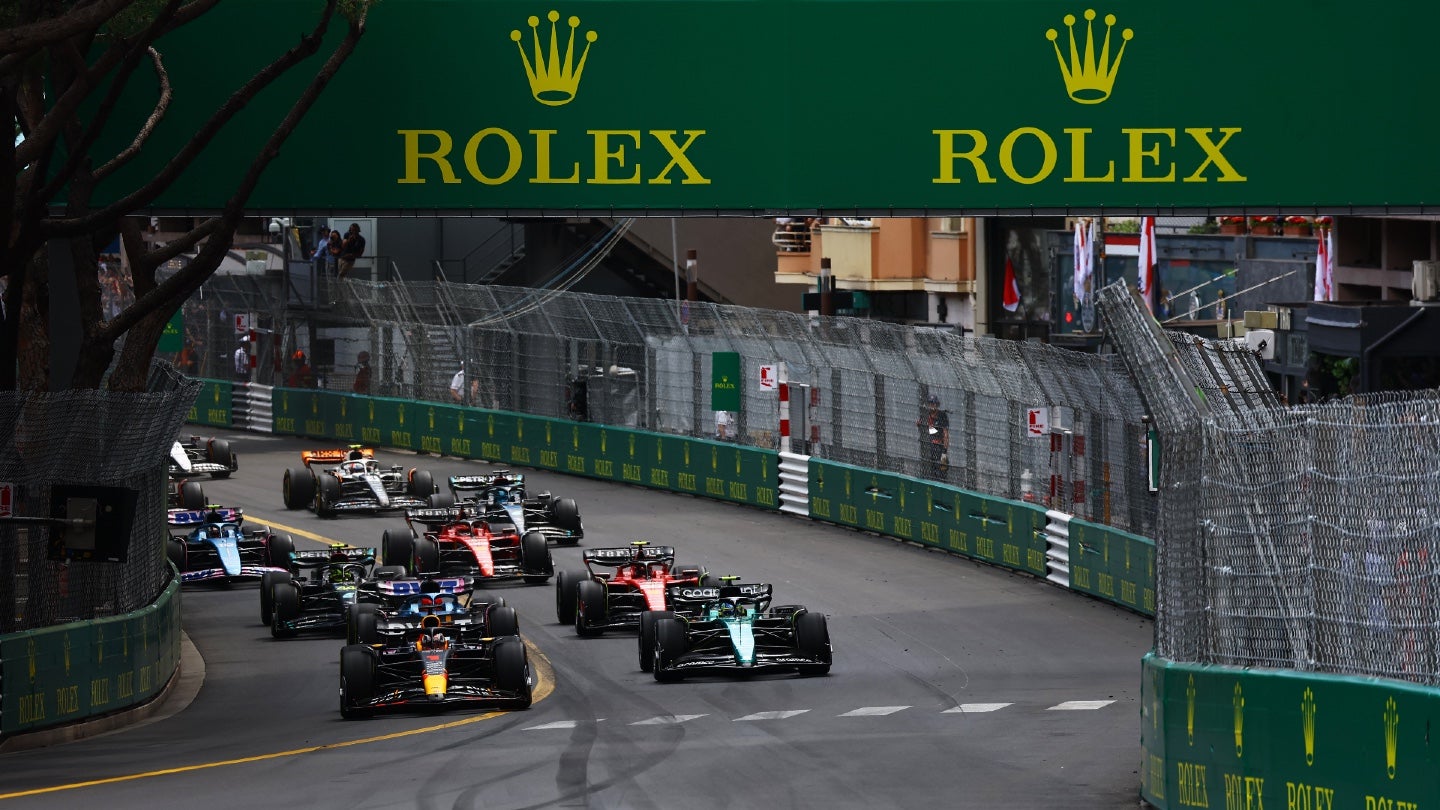Revenue for motor racing’s iconic Formula 1 (F1) series declined by 3% year-on-year in the second quarter of 2023, primarily due to a decline in media rights income.
Revenue for the three months up to June 30 came to $724 million, as opposed to $744 million during the same period in 2022.
The full Q2 financial results of Liberty Media, F1’s holding group, were issued on August 4.
Primary income for F1 came to $618 million during the three months, a drop of 2% from 2022, while other revenue also fell, by 9% to $106 million. The primary revenue is derived from race promotion revenue, media rights, and sponsorship fees.
The drop in media rights income came as a result of a decrease in the number of races held during Q2 - while seven took place in that time period in 2022, only six were held this year. The scheduled Emilia-Romagna Grand Prix in Northern Italy, originally set for late May, was then canceled because of severe flooding in the region, and there are no plans for it to be reinstated on the 2023 calendar.
F1 said this impact was only partially offset by “continued growth in [the direct-to-consumer] F1 TV subscription revenue and increased fees under new and renewed contractual agreements.”
There was growth in race promotion, however, because of contractual increases in the fees paid by the race hosts across the three months, while sponsorship income also rose partly, in that case because of “recognition of revenue from new sponsors.”
Operating income decreased year-on-year, again as a result of a smaller number of races taking place in the quarter than the 2022 figures.
The level of team payments fell as well, by 7%, to $344 million.
In addition to the repeated annual expenses, there was a cost of $7 million associated with the planning of the first Las Vegas Grand Prix in over 40 years, which will take place on November 19.
F1’s overall profits rose from $49 million to $52 million.
Stefano Domenicali, Formula 1 president and chief executive, said: “Formula 1 is capitalizing on our growth momentum and our fans are engaging with the sport across traditional, digital, and social media platforms ... Next year we will host 24 races around the globe, with back-to-back races in closer proximity which will benefit the efficiency of operations for both F1 and our teams.”
Across the entirety of the 2022 financial year, F1 brought in total revenue of $2.57 billion.
In terms of recent activity, in early July the series unveiled a record 24-race calendar for the 2024 season.
The next campaign will be the longest calendar in the sport’s history, beginning in Bahrain on March 2 and finishing more than 10 months later in Abu Dhabi on December 8.
Among the notable changes, for the opening two races of the season in Bahrain and Saudi Arabia, the Grand Prix will take place on a Saturday to accommodate Ramadan. F1 races are traditionally held on a Sunday.
Image: Mark Thompson/Getty Images















